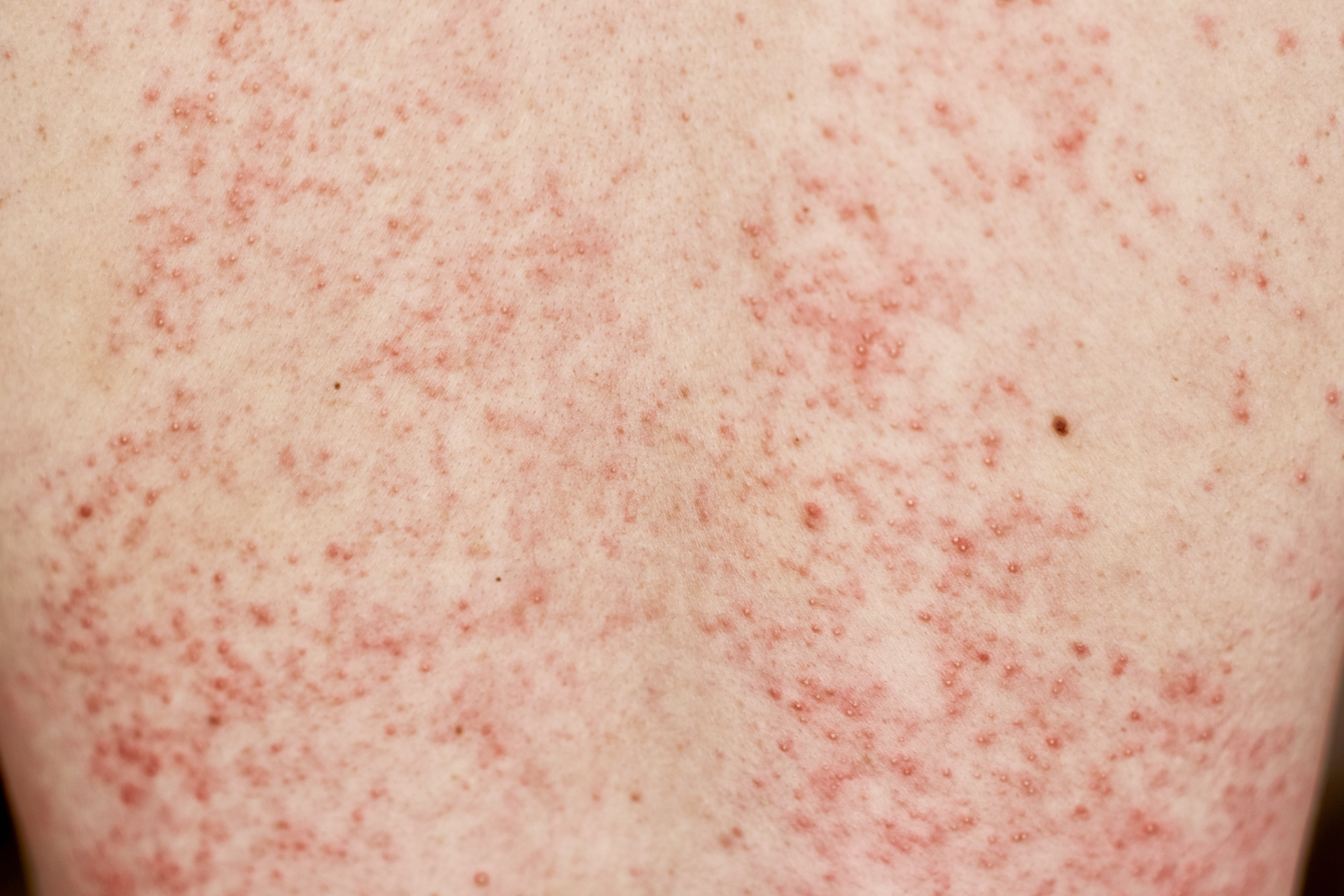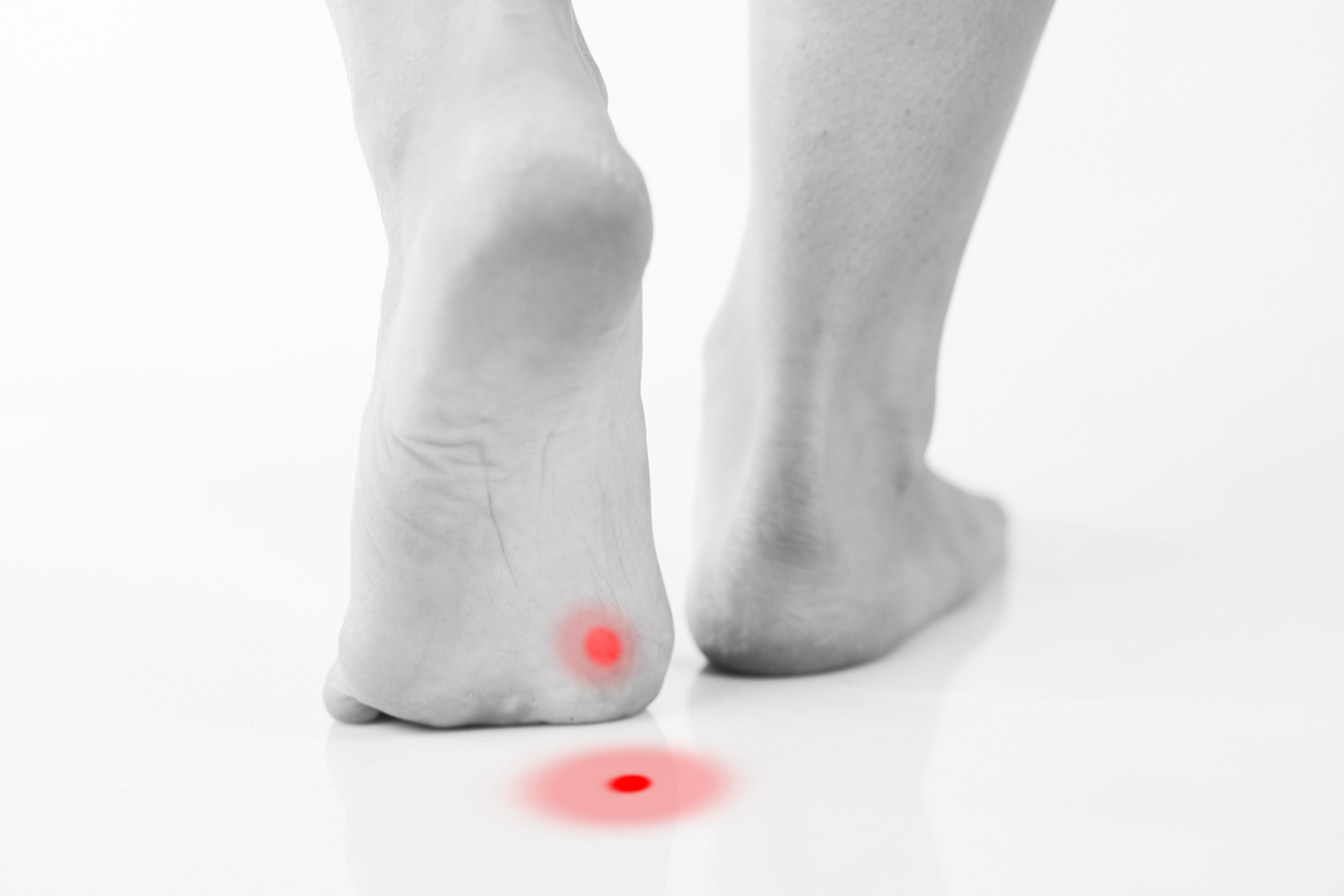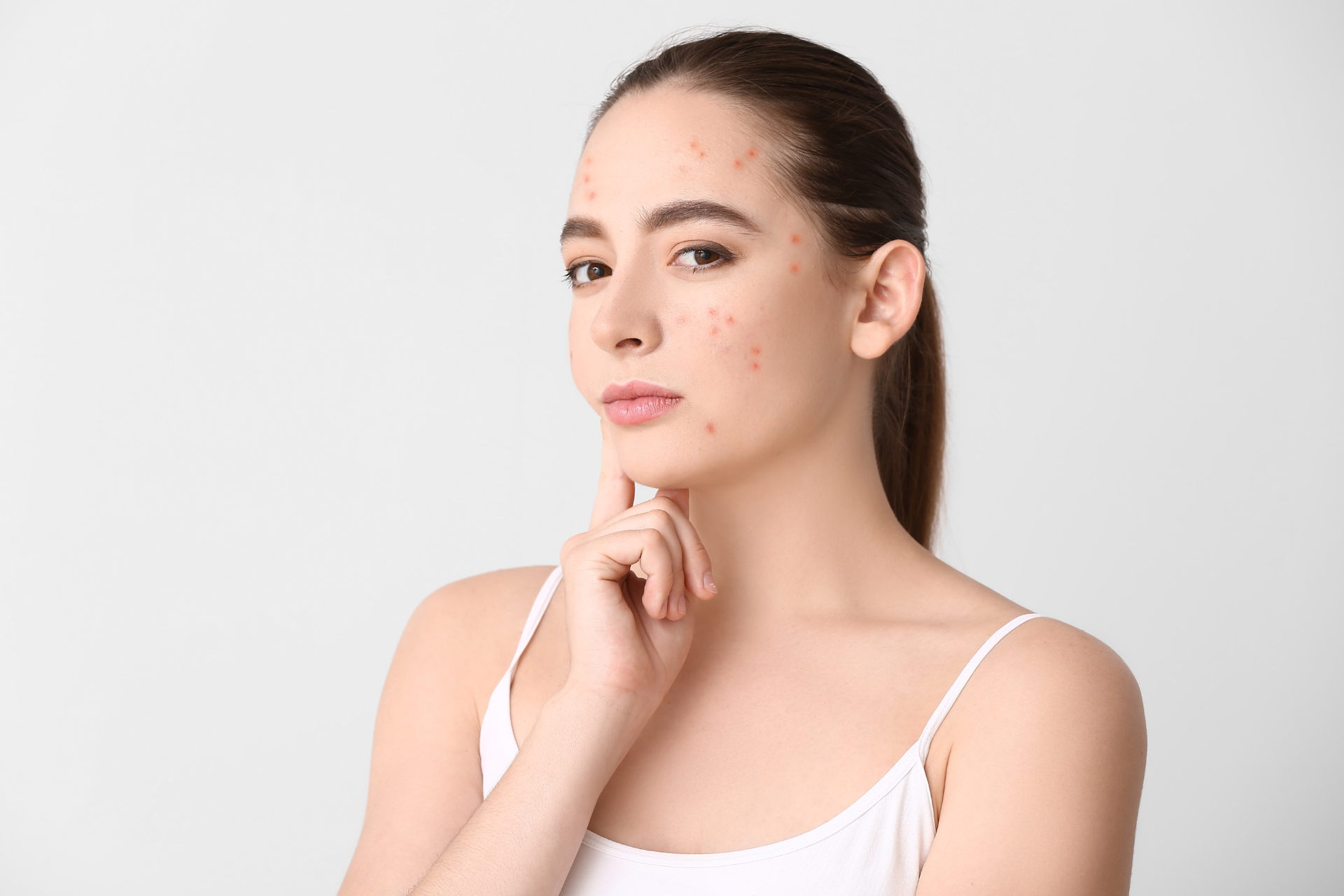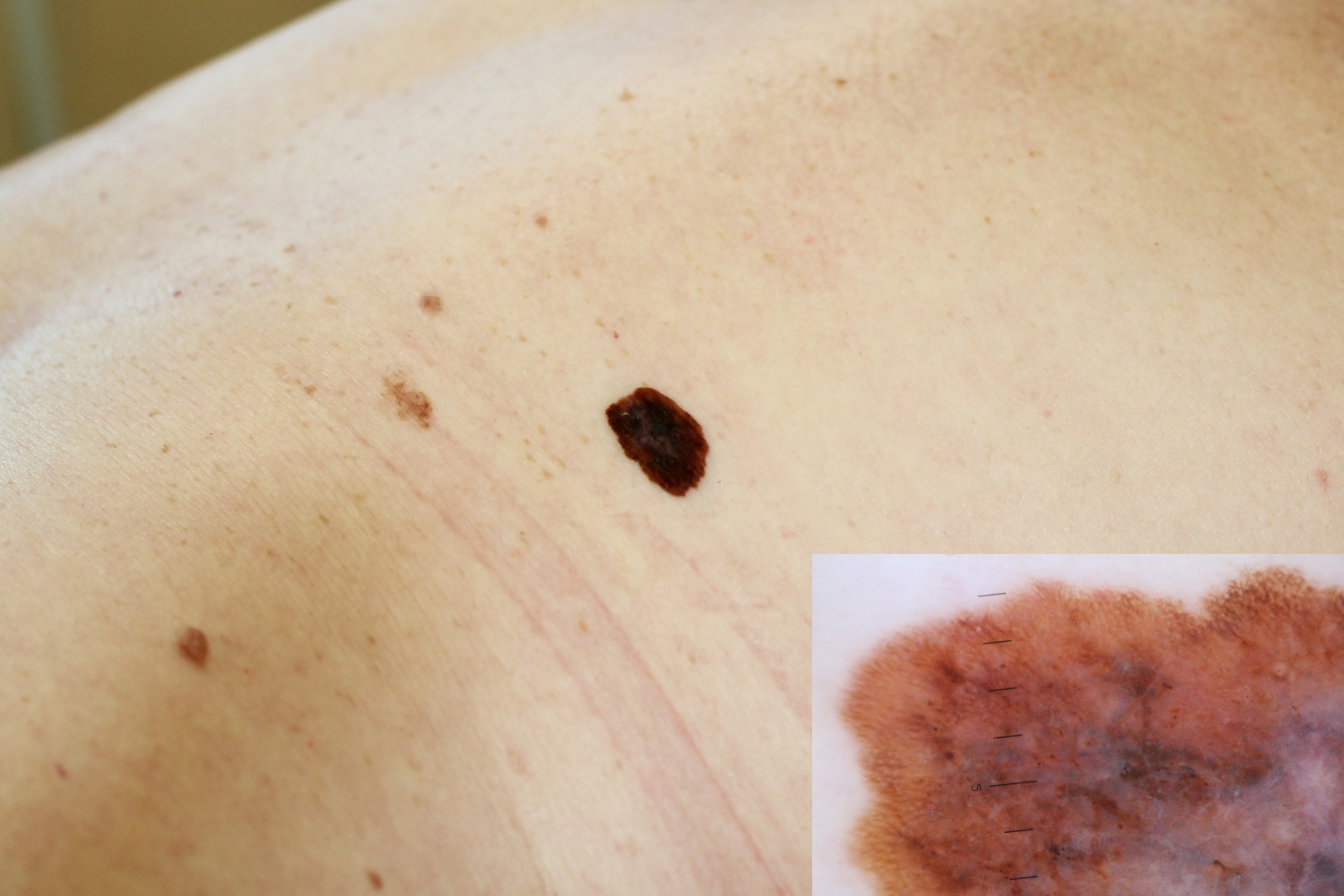Understanding Different Types of Skin Rashes and Their Treatments

Introduction:
Skin rashes are common conditions that can affect individuals of all ages, causing discomfort and sometimes embarrassment. At Fall Creek Skin and Health Clinic, we understand the impact that skin rashes can have on our patients' lives. In this blog post, we will explore the different types of skin rashes, their causes, and the treatments available to address them.
Types of Skin Rashes:
Skin rashes can manifest in various forms, each with its unique characteristics and underlying causes. Some common types of skin rashes include:
1. Contact Dermatitis:
Contact dermatitis occurs when the skin comes into contact with an irritant or allergen, leading to redness, itching, and sometimes blistering. Common triggers include poison ivy, cosmetics, and certain metals like nickel.
2. Eczema:
Eczema, also known as atopic dermatitis, is a chronic condition characterized by inflamed, itchy skin. It can flare up due to environmental factors, stress, or allergies, leading to dry, scaly patches on the skin.
3. Psoriasis:
Psoriasis is a chronic autoimmune condition that causes thick, red patches of skin covered with silvery scales. It can be triggered by stress, infections, or certain medications, and often affects the elbows, knees, scalp, and lower back.
4. Hives:
Hives, also known as urticaria, are red, raised welts that appear on the skin due to allergic reactions or medications. They can be itchy and vary in size and shape.
5. Shingles:
Shingles is caused by the reactivation of the varicella-zoster virus, the same virus responsible for chickenpox. It presents as a painful rash with blisters and can be triggered by stress or a weakened immune system.
Treatment Options:
Treatment for skin rashes depends on the underlying cause and severity of the condition. At Fall Creek Skin and Health Clinic, our healthcare providers offer personalized treatment plans tailored to each patient's needs. Some common treatment options for skin rashes include:
1. Topical Steroids:
Topical corticosteroids are often prescribed to reduce inflammation and relieve itching associated with skin rashes like eczema and psoriasis. They come in varying strengths and formulations, depending on the severity of the rash.
2. Antihistamines:
Antihistamines can help alleviate itching and discomfort caused by allergic reactions, hives, and other skin rashes. They work by blocking the release of histamine, a chemical that triggers allergic symptoms.
3. Moisturizers:
Keeping the skin well-hydrated is essential for managing dry, itchy skin rashes like eczema. Moisturizers help restore the skin's natural barrier function and prevent further irritation.
4. Immunosuppressants:
For severe cases of eczema, psoriasis, or other inflammatory skin conditions, immunosuppressant medications may be prescribed to modulate the immune response and reduce inflammation.
5. Antiviral Medications:
In the case of shingles, antiviral medications can help shorten the duration of the outbreak and alleviate pain. Early treatment is crucial to prevent complications like postherpetic neuralgia.
Conclusion:
Skin rashes can be a source of discomfort and distress for many individuals, but with proper diagnosis and treatment, most cases can be effectively managed. At Fall Creek Skin and Health Clinic, our team of experienced healthcare providers is dedicated to helping patients of all ages achieve healthy, beautiful skin. If you are experiencing a skin rash or have concerns about your skin's health, schedule an appointment with us to receive personalized care and treatment tailored to your needs. Take the first step towards clearer, healthier skin today.




